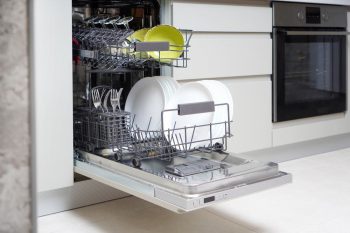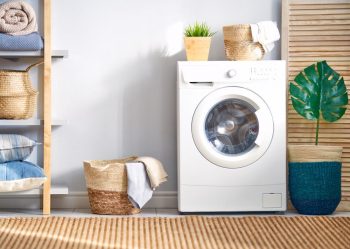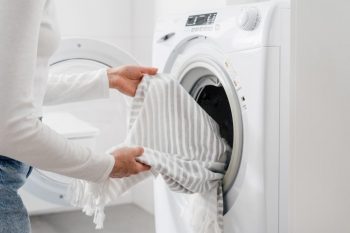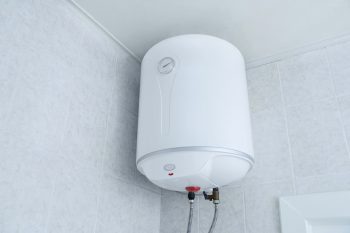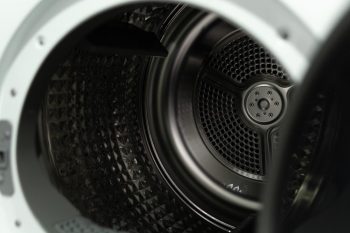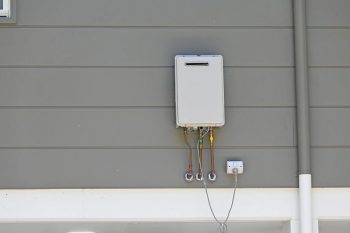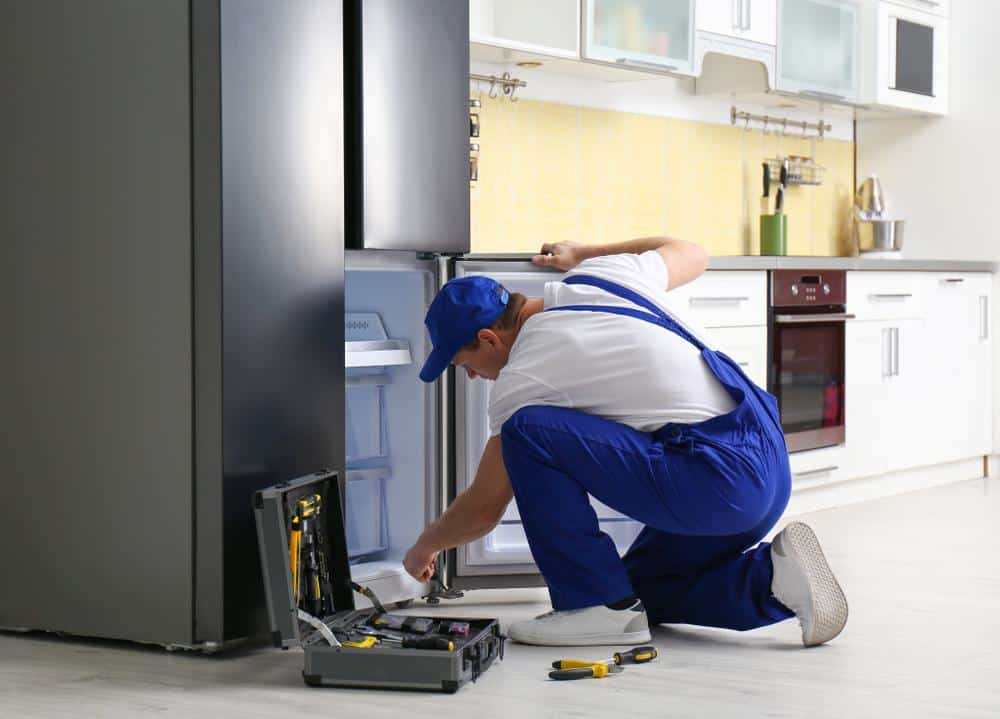
Your refrigerator and freezer are two appliances that work around the clock to keep your food fresh. However, these appliances can sometimes develop an unpleasant smell that can permeate your kitchen and even your entire home. So, how can you get the smell out of your refrigerator and freezer? This guide will take you through the causes, solutions, and preventive measures to keep your refrigerator and freezer smelling fresh.
To get the smell out of your refrigerator and freezer, first unplug and empty them. Clean the interior surfaces with a gentle household cleaning solution and water or a vinegar solution to neutralize odors. Clean the drain pan if necessary. After cleaning, let the appliance air out for about an hour. Then, place an open box of baking soda or dishes of baking soda, charcoal, or coffee grounds inside to absorb lingering odors. Plug the refrigerator back in and monitor the smell over the next few days. Regular cleaning and maintenance can help keep your refrigerator and freezer smelling fresh.
What Causes Unpleasant Smells in Refrigerators and Freezers?
Several factors contribute to unpleasant smells in refrigerators and freezers. From spoiled food to spills and bacteria, the causes are many and varied. Here are the most common culprits:
- Spoiled food: When food goes bad, it can produce unpleasant smells that can spread throughout the fridge or freezer.
- Spills: Food or liquid spills in the fridge or freezer can create a breeding ground for odor-causing bacteria.
- Mold: Mold can grow in moist areas or in food, causing bad odors.
- Poorly sealed containers: Containers that are not properly sealed can allow odors to escape and spread throughout the fridge or freezer.
- Shared airflow: Domestic freezers attached to a refrigerator share a single cooling source and airflow channel, allowing odors from the fridge to migrate to the freezer.
How to Get Rid of Smells in Your Refrigerator and Freezer
Now that you know what causes these unpleasant smells, let’s look at how you can eliminate them.
Initial Steps
- Disconnect the power: For safety, unplug the refrigerator before cleaning.
- Empty the refrigerator and freezer: Remove all items, including drawers and shelves, to identify the source of the odor.
- Clean the appliance: Use a gentle household cleaning solution and water to clean the interior surfaces of the refrigerator and freezer. You can also use a vinegar solution to help neutralize odors.
- Check the drain pan: Most refrigerators have a drain pan located underneath the appliance, which can harbor mold and bacteria. Clean the drain pan if necessary.
- Air out the refrigerator: After cleaning, prop the doors open for about an hour to let the appliance air out.
- Use odor-absorbing materials: Place an open box of baking soda or dishes of baking soda, charcoal, or coffee grounds inside the refrigerator to help absorb lingering odors.
- Reconnect the power: Plug the refrigerator back in and monitor the smell over the next few days.
Recommended Cleaning Solutions
- Baking soda solution: Combine 1 tablespoon of baking soda with 4 cups of warm water and use a microfiber towel to wipe down all surfaces inside your fridge and freezer.
- White vinegar: Mix equal parts of vinegar and water in a spray bottle and generously spray the cleaning solution over the surfaces in your freezer.
- Bleach solution: Mix 1 tablespoon of bleach with 1 gallon of warm water and use a towel or paper towel to wipe all exposed surfaces in your fridge and freezer. This solution is best used after you’ve already wiped your fridge down with another cleaner.
- Activated charcoal, clean kitty litter, or coffee grounds: Place trays of activated charcoal, clean kitty litter, or baking soda on the shelves of the refrigerator or freezer and run the appliance empty for 2 or 3 days.
Expert Tips for a Fresh-Smelling Fridge and Freezer
- Regular cleaning: Clean your fridge and freezer regularly by wiping down all inside surfaces with a damp cloth. Use a solution of baking soda and warm water to eliminate odors completely.
- Temperature control: Keep your fridge between 37–40 °F (3–4 °C) to prevent food spoilage and the growth of bacteria.
- Use airtight containers: Store food in airtight containers to prevent strong food odors from permeating your fridge.
- Deodorizers: Use natural deodorizers like baking soda, coffee grounds, or activated charcoal to absorb odors. Place an open box of baking soda in the fridge and replace it every few months.
By following these steps, you can effectively eliminate unpleasant odors from your refrigerator and freezer. However, remember that prevention is always better than cure. Regular cleaning and maintenance can help keep your refrigerator and freezer smelling fresh.
Frequently Asked Questions
How often should I clean my refrigerator and freezer?
Ideally, you should clean your refrigerator and freezer once a month. However, if you notice a spill, it’s best to clean it up immediately to prevent odors from developing.
Can I use any type of vinegar for cleaning?
For cleaning purposes, it’s best to use white vinegar because of its high acidity level. It’s effective at killing bacteria and neutralizing odors.
How long do natural deodorizers like baking soda, coffee grounds, or activated charcoal last in the fridge?
These natural deodorizers can last for about a month in the fridge. After that, they will lose their odor-absorbing properties and should be replaced.
Can I use bleach to clean my refrigerator and freezer?
Yes, bleach can be used to clean your refrigerator and freezer. However, it’s important to dilute it with water and use it sparingly, as it’s a strong chemical. Always rinse thoroughly after using bleach to ensure no residue is left behind.
Can I use the same cleaning methods for both the refrigerator and freezer?
Yes, the cleaning methods outlined in this guide can be used for both the refrigerator and freezer. However, keep in mind that the freezer might require a bit more effort to clean due to ice build-up.




